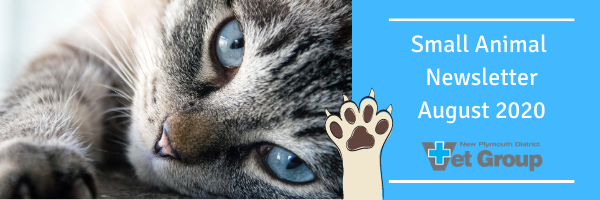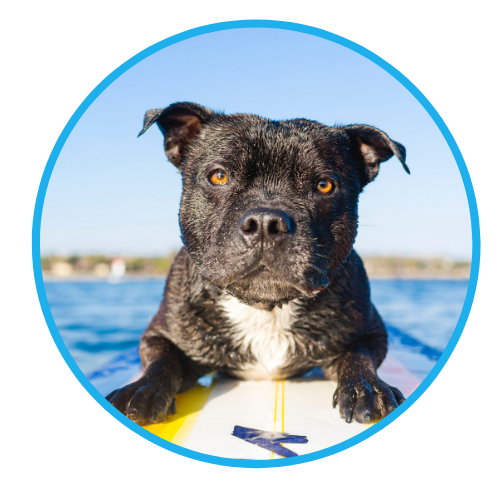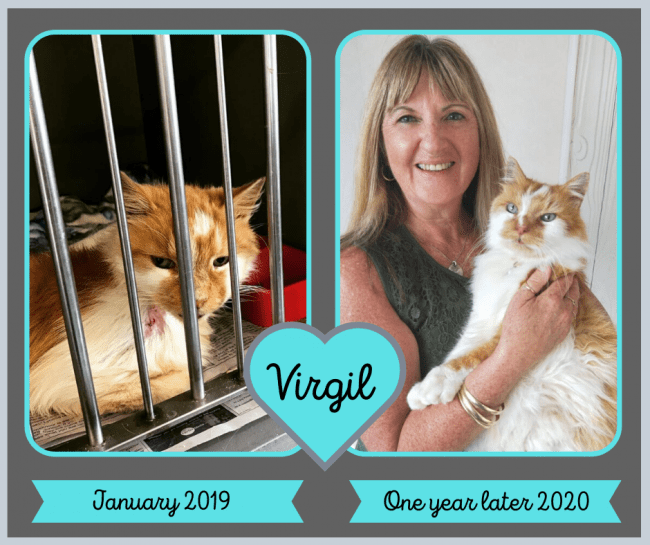
Small Animal Newsletter – August 2020
COVID-19 Alert Level 2

Here are a few reminders in case you need to visit our clinic:
Scan App / Record details: When entering the clinic please scan the NZ COVID tracing app or alternatively write your details in our book at reception.
Sanitise: Please use the hand sanitiser provided at entry.
Social Distancing: Please remember the social distancing rules of 2 meters.
Consult procedure: When bringing your pets to the clinic for consults, please only one adult per consult.
Order & Collect: If you would like to order some supplies, call us and we an get these out for you ready to collect.
Online Shop: We have an online shop portal on our website where you can purchase your essentials and have them delivered to your door – visit www.npvet.co.nz and click shop.
Also if you are feeling unwell, please make other arrangements for someone else to bring your pet in.
Know the signs – Parvovirus
New Plymouth Vet Group has had a few confirmed Parvo cases in the last week. Vaccinating your dog is the best way to help prevent canine parvovirus infection.
Canine parvovirus is a severe viral infection which causes depression and a sudden onset of 
Here are a few simple tips to help prevent the spread of this nasty disease:
✅Vaccinating your dog is the best way to help prevent canine parvovirus infection.
✅Follow the vaccination protocol as advised by your vet – vaccination programmes may vary depending on a variety of factors which your vet will discuss with you.
✅New Plymouth Vet Group’s advice, with the vaccine we currently use, is for puppies to receive at a minimum their final puppy vaccination at 12 weeks of age. A further puppy vaccination at 16 weeks is highly recommended. Following this puppy course we recommend a booster vaccination for all dogs 12 months after this and every three years thereafter.
✅Until your puppy is fully vaccinated – 10 days after its final puppy vaccination – do not walk, put it down or take it to any park, river or public place, including footpaths. The virus survives in the ground for long periods of time.
- If your puppy stops eating and develops vomiting and/or diarrhoea and becomes lethargic, seek veterinary advice immediately.
- If you do need to visit the vet clinic, ring ahead to let us know you are coming. Our reception staff will advise you on what to do as it may be best to leave your dog in the car – the virus is extremely contagious to other dogs.
- This virus can be spread on shoes and clothing, so if you or your dog has been exposed to the virus, it is important to take extra care with cleaning and disinfecting. We can advise you on the best virucidal product to use.
- It is extremely important that puppies complete their vaccination programme so they are protected against this disease. They will also need regular vaccinating throughout their lives for continued protection.
Please ring us if you have any queries, would like more information on our vaccination protocol or wish to discuss or check your pet’s vaccination status.
Radioiodine Therapy for Hyperthyroidism
What is Hyperthyroidism?
Hyperthyroidism is the most common hormonal disorder found in cats. Mostly seen in cats over eight years of age, hyperthyroidism is caused when the thyroid gland in a cat’s neck produces and secretes an increased amount of thyroid hormone.
What are the signs your cat has Hyperthyroidism?
Signs your cat may be suffering from hyperthyroidism can include:
- weight loss
- increased appetite
- restlessness
- panting
- raised heart rate
- more frequent defecation with abundant and bulky stools
- increased thirst and urination
- a matted, greasy and unkempt coat
What is Radioiodine Treatment?
Potential hyperthyroidism treatments include anti-thyroid drug therapy, surgical thyroidectomy, and the least invasive and most successful – Radioiodine Therapy.
New Plymouth Vet Group is the only local clinic to offer Radioiodine Therapy. Widely accepted as the gold standard treatment, Radioiodine Therapy has a success rate of higher than 90%, few serious side-effects and usually does not require sedation or anaesthetic to perform. Following therapy, your cat will stay hospitalised for a minimum of one week. We coordinate the treatments so that we can make it more economical for you – this will mean on occasion there will be a wait for the treatment.
Spring Time Reminders
1. Treating for Fleas and Ticks:
During wintertime, it is often that we see a decrease in owners treating their pet’s for fleas – they say ‘fleas can’t survive in winter’. This is a myth! Fleas thrive in a warm, humid environment, so it is a common assumption that fleas are not a concern in the colder months.
While it is true that they aren’t able to survive freezing temperatures, they are able to live on both pets and throughout a warm cosy household so it’s completely possible for them to survive during a New Zealand Winter.
Most treatments aren’t able to kill all stages of a flea’s lifecycle. Even when adult fleas are killed by a topical or oral treatment, young fleas hatching from their eggs may have to be treated again so they don’t lay further eggs, this is why it’s really important to keep up to date with your animal’s regular flea treatments – otherwise, things can potentially get out of hand. We always see a spike in flea infestations come September / October.
We recommend treating all year round for prevention. We have a wide range of excellent products to suit different pets and owners and they are available in single doses and packs. If you are unsure what product is best suited to your animal, pop into the clinic and one of our nurses would be happy to run you through the different options and pricing.

3. Seasonal itch: Pets can suffer from seasonal allergies just like humans. If your dog is displaying any of these symptoms a vet visit is required.
Itching and scratching – Is your dog scratching more than usual? If it seems to be worse after they return from being outside – it could be allergy-related.
Red, irritated skin – Dogs can be prone to rashes just like humans. Check the parts of their body that has the most contact with the ground, like their tummy and paws for any rashes or redness.
Ear trouble – Dogs with allergies often have ear issues. They will start shaking their head or trying to rub/scratch at their ears for some relief. Sometimes you might notice a discharge or a bad smell coming from the ear.
Obsessive licking – If your dog is constantly licking themselves (especially paws, belly, or any other part of their body that may have been in direct contact with grass or pollen), an environmental allergy could be the reason.
Staff Showcase
Veterinarian – Katherine Lyon

Instagram superstar
Meet Monica – she is a gorgeous tabby who is the sister of Ross. Ross (who is becoming quite famous in New Plymouth and recently featured on our Facebook Page) has his own Facebook page about his adventures at Pukekura Park!
Have you checked out our Instagram page yet? Updated daily – Meet our pet visitors and patients! Click here!
Disclaimer: This newsletter contains comments of a general nature only and is not intended to be a substitute for professional veterinary advice.







